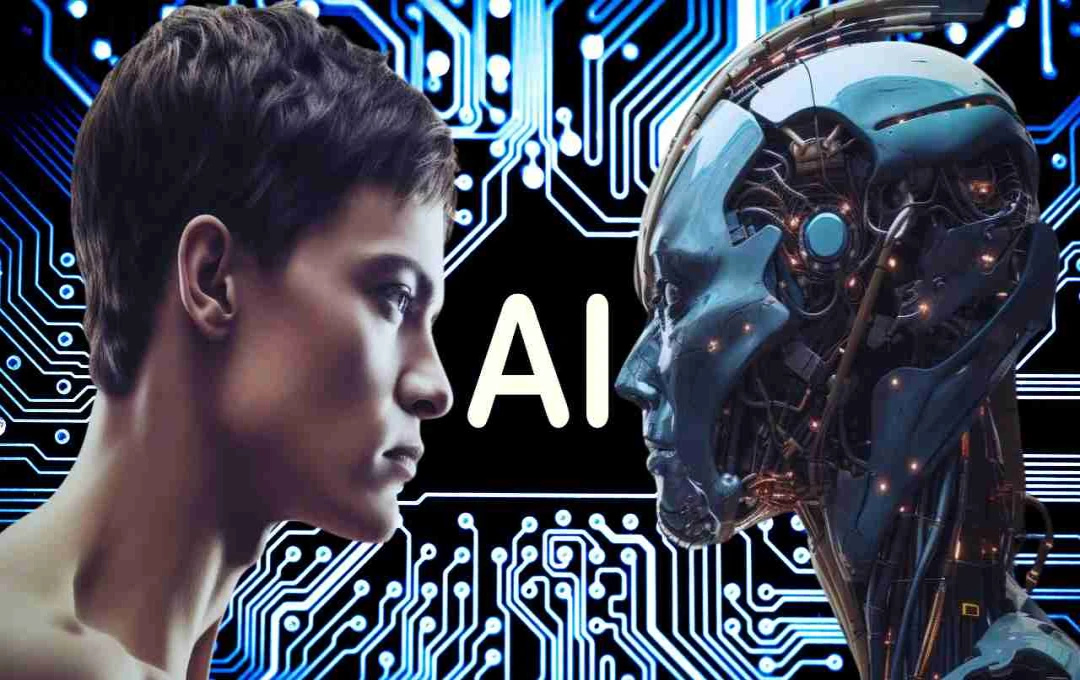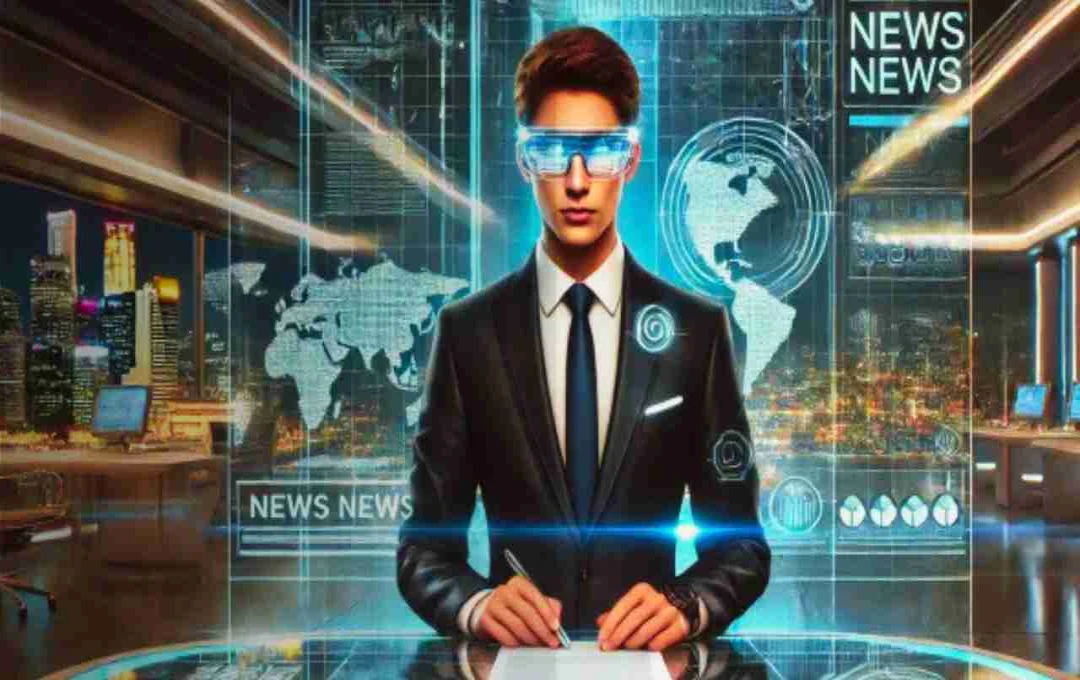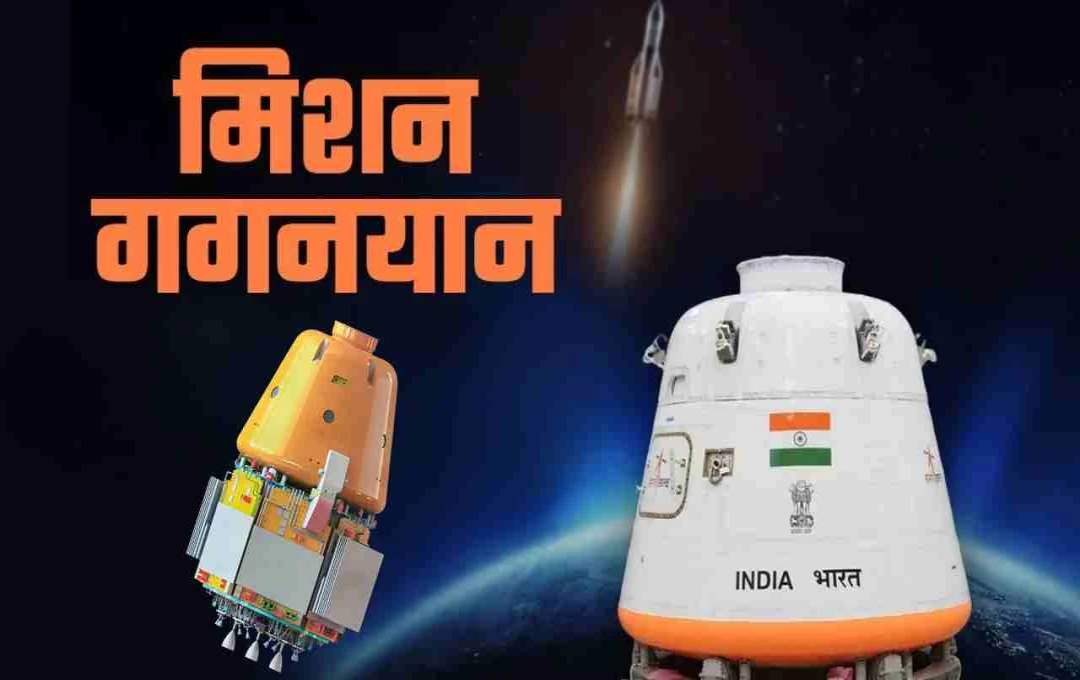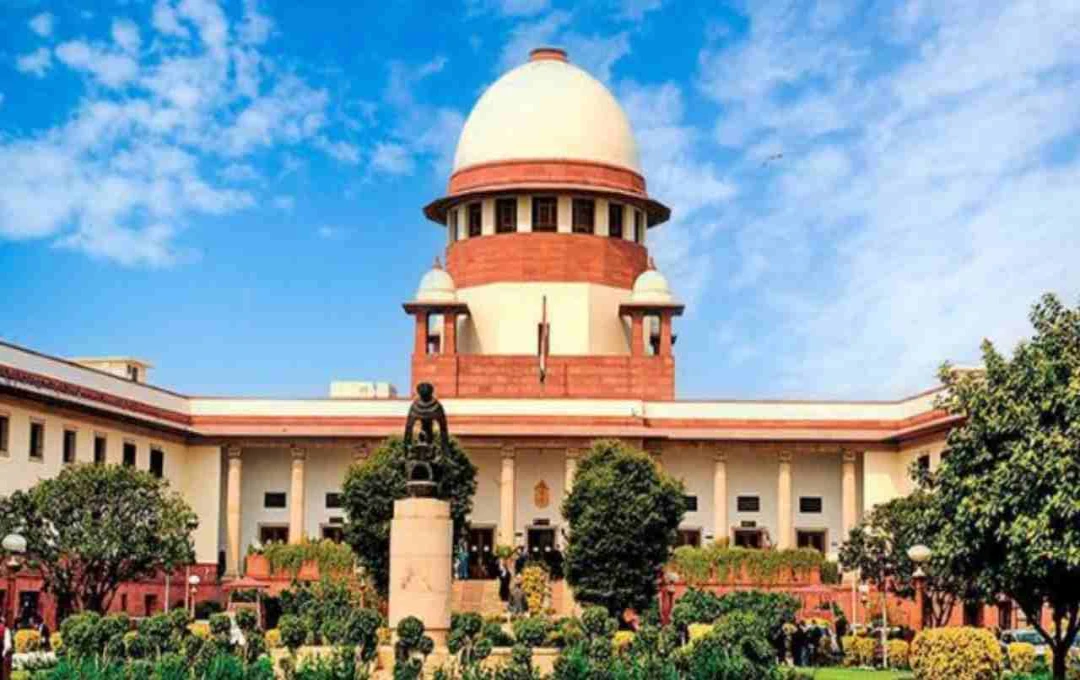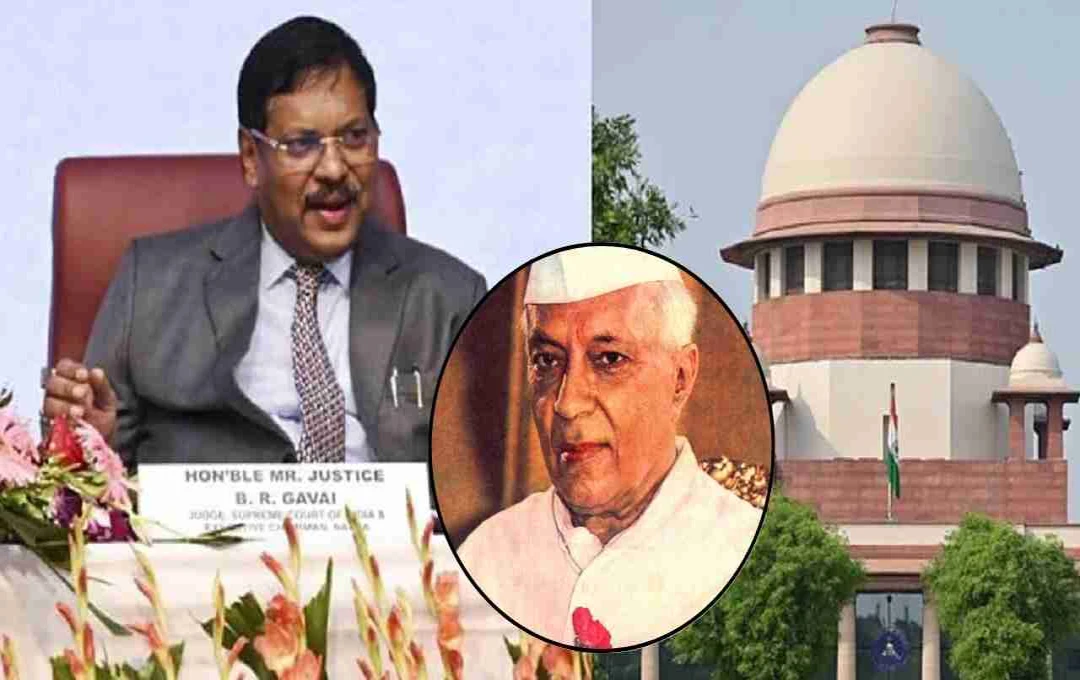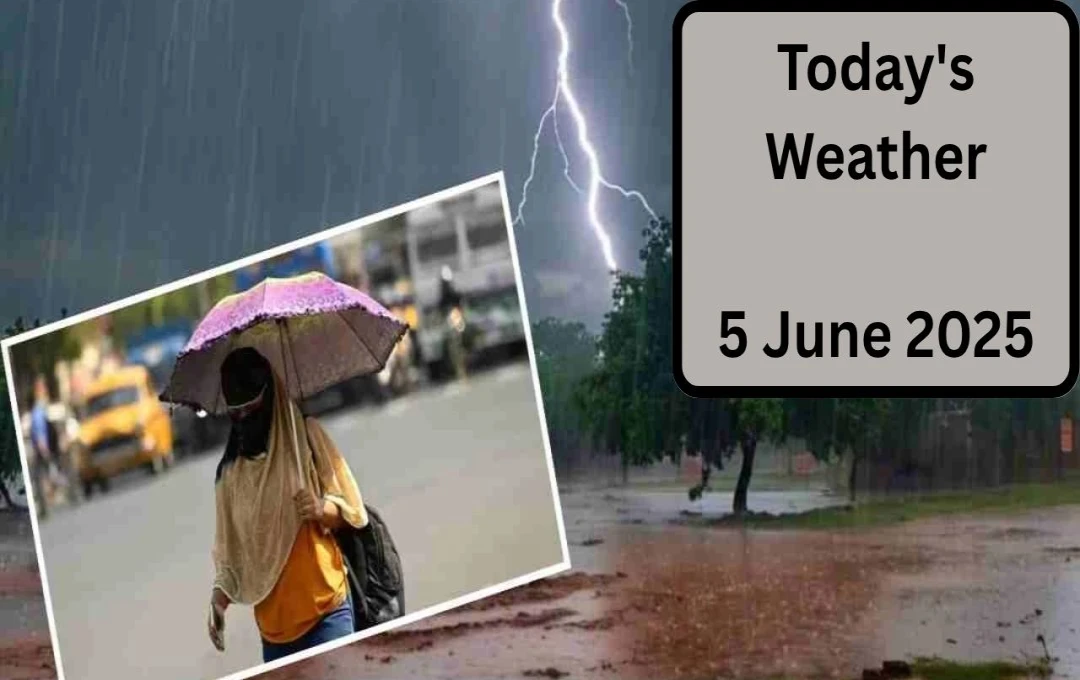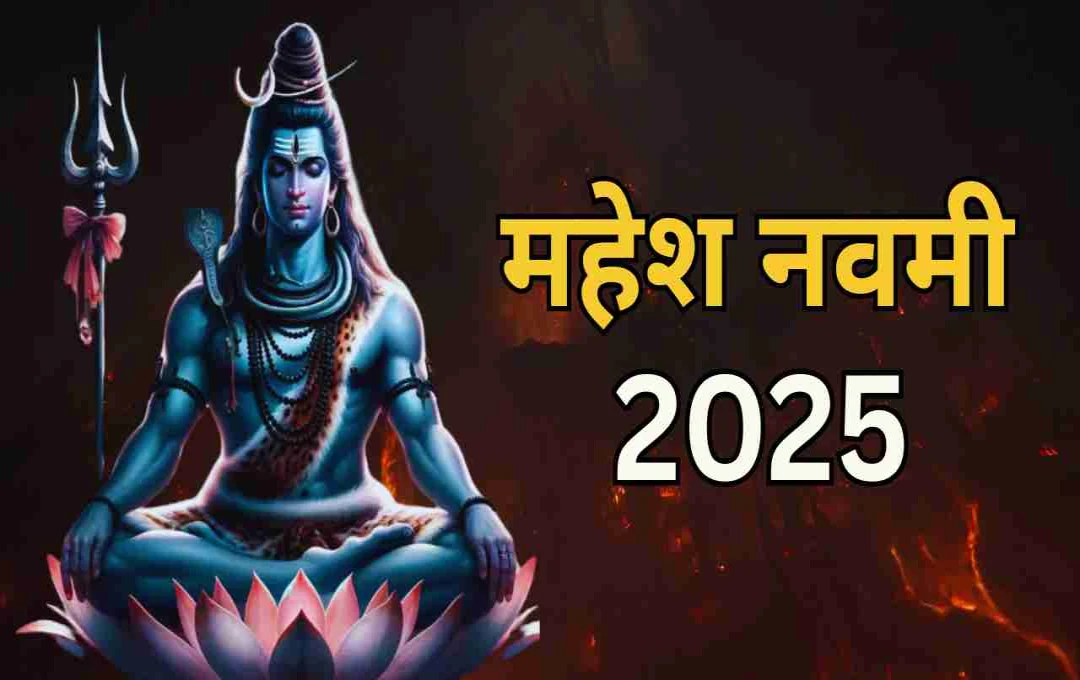The rapid proliferation of Artificial Intelligence (AI) globally has simultaneously simplified numerous tasks and posed a significant threat to the future. Subhash Kak, a computer science professor at Oklahoma State University and an Indian-American, has issued a stark warning about AI's growing influence. He suggests that AI could lead to job displacement, a drastic population decline, and even the desertification of major cities in the future.
Will AI Replace Humans?
Professor Subhash Kak of Oklahoma State University believes that in the coming years, AI will perform human tasks so efficiently that companies will no longer require human employees. In an interview with the British media platform The Sun, he stated, “AI may never become fully conscious, but it can handle most of our roles – whether it's making decisions in the office or doing household chores.”
He argues that the rapidly advancing automation and machine learning systems are now capable of handling not only basic tasks but also decisions requiring creative and strategic thinking. This directly implies a potential crisis of traditional human employment in the future.
AI: Rising Unemployment, Fewer Marriages, Declining Population
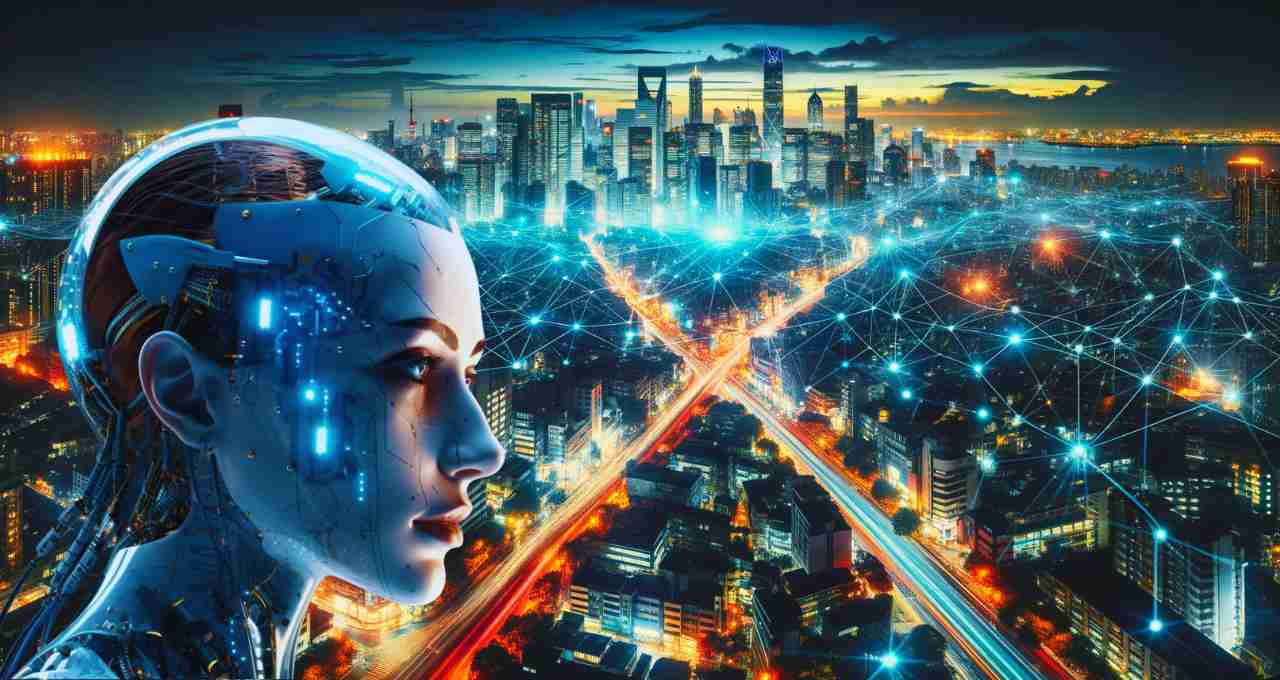
The unemployment resulting from AI will not only create an economic crisis but also have significant social and demographic consequences. Professor Kak believes that a lack of employment and increased uncertainty about the future will discourage people from marrying and having children. This will directly impact the population.
According to him, by the year 2300, or at most 2380, the world's population could shrink to a mere 100 million, roughly equivalent to the current population of the United Kingdom. This is a shocking figure, considering the current global population exceeds 8 billion.
AI's Impact: Empty Megacities
Professor Kak warns that if this trend continues, cities like New York, London, and Tokyo could become deserted. What are currently centers of technological, economic, and social activity may lie empty in the future.
People may migrate to rural areas in search of cheaper living, or they may become entirely immersed in a virtual world where their needs are met digitally. In this scenario, the physical existence of cities would gradually diminish.
Echoes of Musk's Warning
Elon Musk has previously warned that AI and population decline could pose the greatest threats to humanity. Musk believes that if a crisis arises on Earth, we should establish colonies in space to ensure the continuation of human life elsewhere. Professor Kak's warning points in a similar direction – where AI could disrupt our fundamental life systems.
Is Human Existence Truly at Risk?
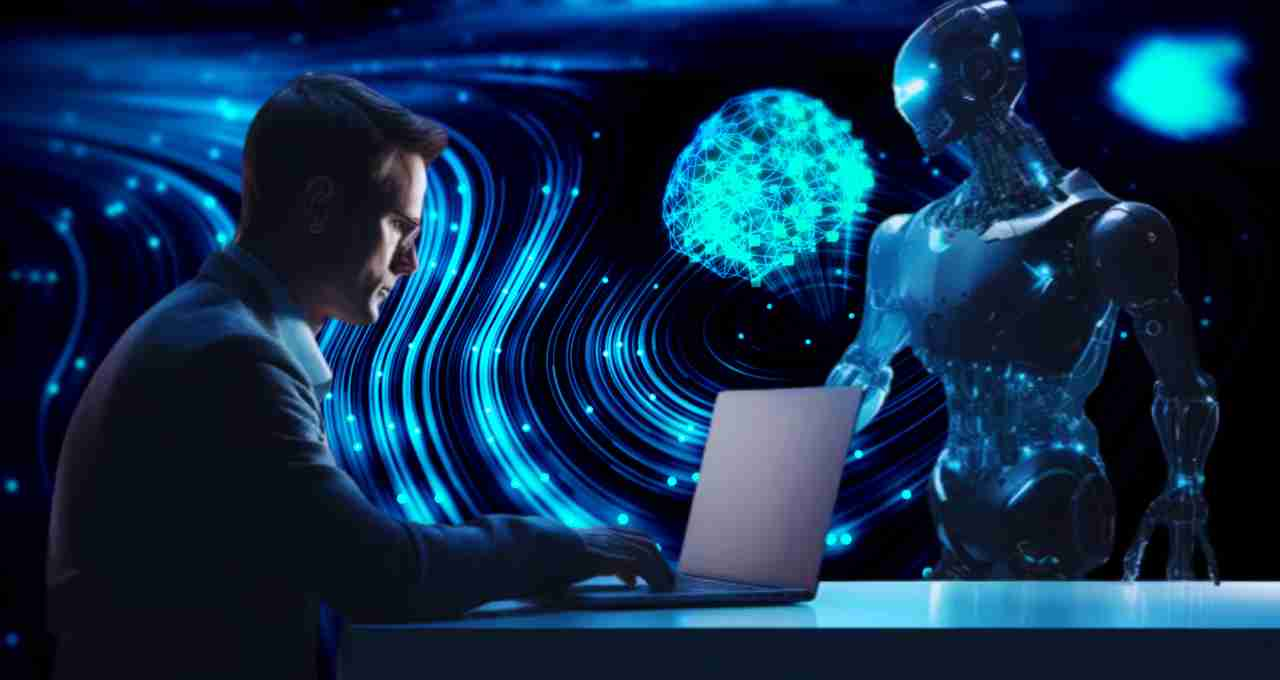
Professor Kak points out that developed countries like Europe, China, Japan, and particularly South Korea, already have very low birth rates. Young people in these countries are hesitant to start families due to a lack of confidence in their future. The growing influence of AI has exacerbated this uncertainty.
He also notes a rapidly increasing sense of "loneliness" in society. People are increasingly relying on machines and screens instead of human interaction. This technological age could therefore lead to a significant social crisis.
But Is AI Only a Threat?
While warnings like Professor Kak's are cause for concern, many experts and leaders view AI as a new era of progress. At the recent AI Action Summit in Paris, Indian Prime Minister Narendra Modi stated that technology never eliminates jobs; it only transforms them.
He gave the example of how workers feared machines during the Industrial Revolution, yet new types of jobs emerged. Similarly, AI will also create new employment opportunities – provided we equip ourselves with the necessary new skills.
